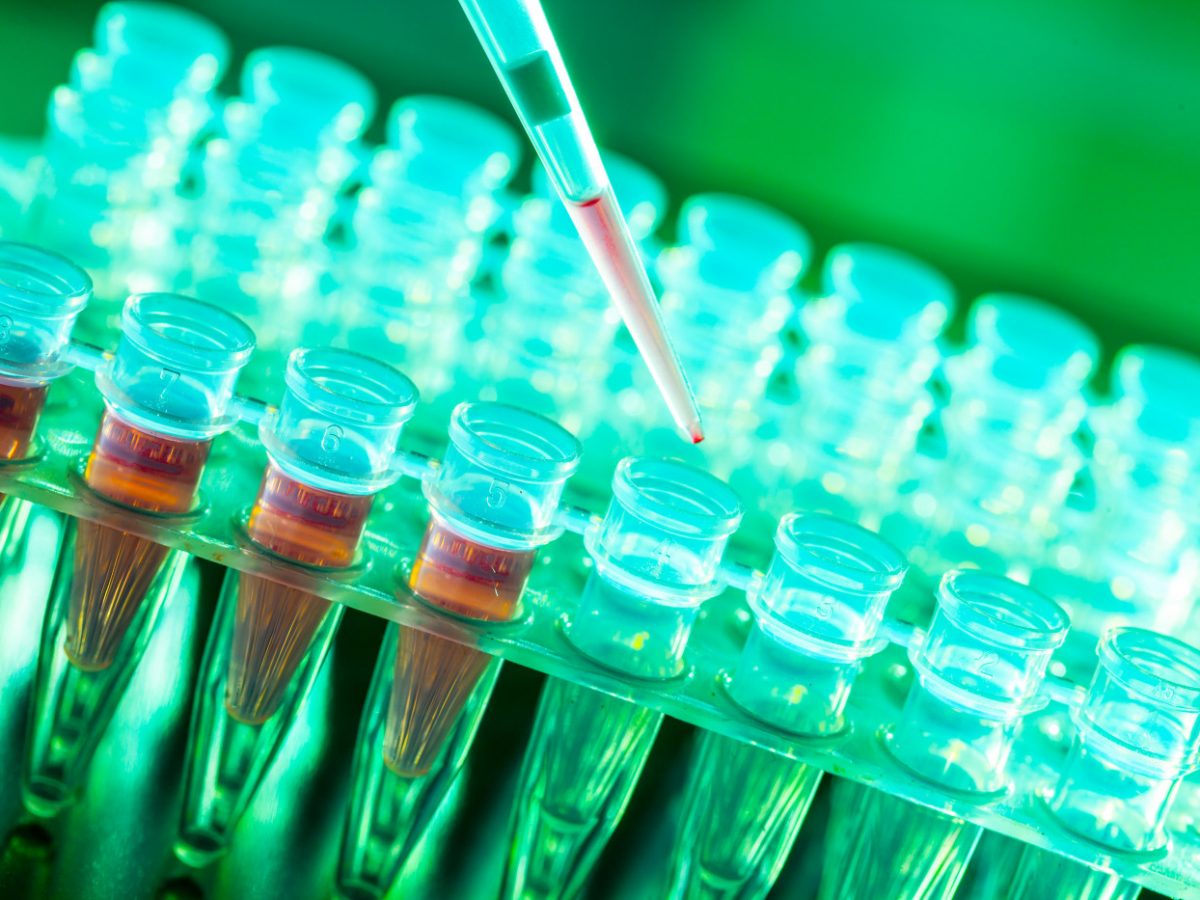Highly Sensitive Test Detects MG in Patient After COVID-19 Diagnosis

A highly sensitive blood test detected disease-causing antibodies in a case of myasthenia gravis (MG) believed to be induced by COVID-19.
The case underscores the importance of such diagnostic tools to detect disease markers that may be missed by the current approach in diagnosing MG, researchers said. It also shows the clinical benefits of immunosuppressants to treat the disorder.
The case report, “Myasthenia gravis associated with anti‐MuSK antibodies developed after SARS‐CoV‐2 infection,” appeared in the European Journal of Neurology.
MG is an autoimmune disorder in which the body’s immune system attacks its neuromuscular junctions, the connection sites where nerves transmit signals to muscles, causing muscle weakness and fatigue. Although most MG-associated antibodies attack the acetylcholine receptor (AChR) that is critical for nerve-muscle communication, antibodies against muscle-specific kinase (anti-MuSK) can also cause the disease.
In some instances, MG may be induced by viral infections, including SARS-CoV-2, the virus that causes COVID-19. AChR-related MG has been linked to COVID-19 in several cases, including one reported last fall. COVID-19 has also been described in patients with preexisting MuSK-related MG.
The present case study describes a 77-year-old man who developed MuSK MG after infection with SARS-CoV-2. The patient experienced pneumonia, fever, and shortness of breath, and was subsequently diagnosed with COVID-19. His condition gradually improved, and he received a negative COVID-19 test six weeks after his initial diagnosis.
Two weeks later, the patient began experiencing difficulty chewing and speaking, double vision, and drooping of the upper eyelid that worsened with activity. He was diagnosed with MG, confirmed by electrophysiological tests that measure electrical activity in the nerves and muscles.
Radioimmunoassay, which uses radioactive tracers to detect target substances — in this case, disease-causing antibodies against AChR and MuSK — was performed at MG onset and one month afterwards, and was negative in both instances. Three months after MG onset, a more sensitive cell-based assay was performed and yielded positive results for anti-MuSK antibodies.
The patient was treated with 60 mg of the muscle strengthener Mestinon (pyridostigmine) four times a day. After an insufficient response, he was switched to the immunosuppressive azathioprine at a dosage of 1.5 mg/kg body weight per day. Improvements in chewing and eyelid drooping were reported after two months.
At the patient’s final visit in September 2020, his symptoms had subsided with the exception of mild muscle fatigue when chewing.
“The prospective evaluation of patients with post-SARS-CoV-2 MG will provide valuable information about their long-term outcome, which could contribute to clarify the association between SARS-CoV-2 and increased risk for development of autoimmune conditions,” the investigators wrote.






